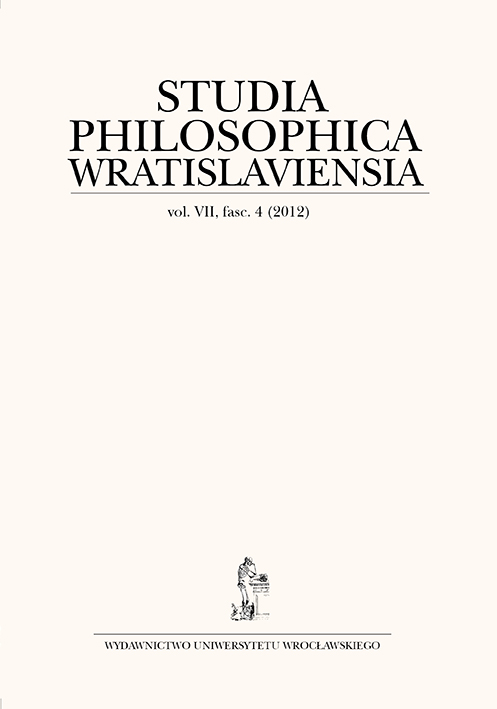

Artykuły

Numerous scientists at the end of the nineteenth century strived to develop new methods of cognizance, aiming at grasping the reality in the wholeness of its complexity and diversity. Hence, in their reflections, they started to use increasingly often methods and instruments applied in other fields of science. Thus biologists adopted some research methods used by chemists, sociologists the ones used by physicists, and physicists the ones used by economists. Unfortunately, despite this methodological pluralism, many phenomena did not find an adequate explanation; it concerned especially the issues connected with embryology or genetics. For this reason, scientists started to identify particular limitations in the research methods they used, as well as to develop the methods of overcoming them. Henry Bergson’s reflections seem especially valuable in this respect. Analysing particular methods of scientific cognizance statistical, mathematical, genetic, evolutionary, historical and model method, the French philosopher came to the conclusion that the main limitation of these methods is the fact that they do not give complementary, holistic knowledge, but only fragmentary one, which continually demands justifying and confirmation of its truthfulness. According to Bergson, it becomes necessary then to create new methods of cognizance, also extra-scientific ones, which will complement the fragmentary knowledge about reality.